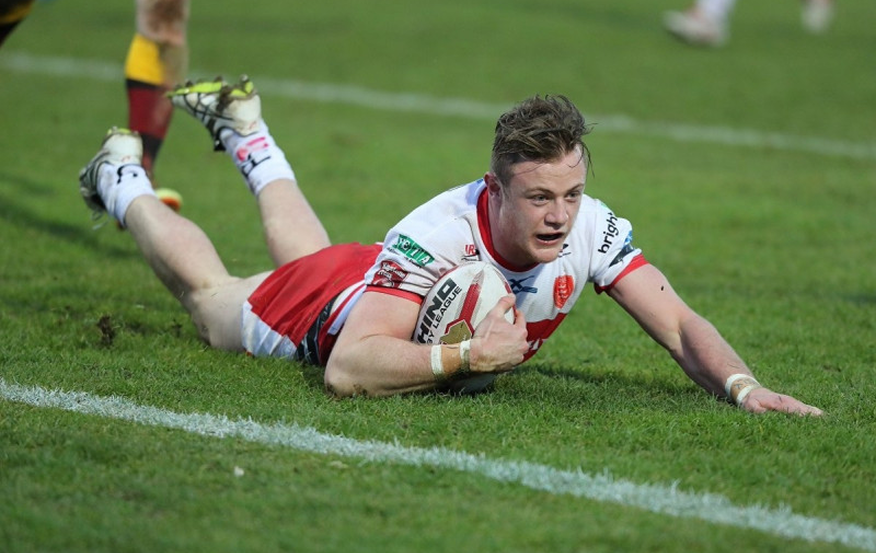Sports have long been an integral part of British culture, shaping communities, national identity, and social life. Among the most popular and historically significant sports in the United Kingdom are football, rugby, and cricket. Each sport carries a unique legacy, distinct traditions, and passionate fan bases. From local clubs to international competitions, these sports reflect both historical roots and modern developments, offering insight into British society and lifestyle.
Advertising
1. Football: The Nation’s Favorite
Football, or soccer as it is known in some countries, is arguably the most popular sport in the UK. It is deeply embedded in the culture, from local grassroots teams to world-renowned professional leagues. The English Premier League (EPL) is recognized globally for its competitive nature, skillful players, and passionate fan support. Clubs like Manchester United, Liverpool, Arsenal, and Chelsea have legions of supporters both domestically and internationally.
At its core, football is a unifying force. Local clubs serve as community hubs, bringing people together across generations. Matchdays are social events, with fans gathering in stadiums, pubs, and homes to support their teams. Youth academies and community programs further demonstrate football’s role in promoting physical activity, discipline, and teamwork among young people.
2. Rugby: Tradition and Physicality
Rugby holds a special place in British sports, celebrated for its combination of strategy, physical endurance, and sportsmanship. There are two main codes: rugby union and rugby league, each with its own rules and following. Rugby union, in particular, enjoys a strong presence in England, Wales, and Scotland, with major tournaments such as the Six Nations Championship drawing significant attention.
The sport’s traditions are steeped in history, often associated with schools, universities, and regional pride. Matches are occasions for social gatherings, with fans appreciating not only the competitive action but also the camaraderie, pageantry, and values associated with rugby. The emphasis on respect for opponents, teamwork, and resilience is central to rugby’s enduring appeal.
3. Cricket: A Gentleman’s Game
Cricket is one of Britain’s oldest and most traditional sports, often described as the “gentleman’s game.” It has a unique rhythm, combining patience, strategy, and skill. Cricket enjoys popularity particularly in England, where county cricket competitions and international matches, such as The Ashes against Australia, are eagerly followed.
The sport fosters a sense of community and continuity, with village greens, local clubs, and school teams forming the backbone of cricket culture. Matches are social events, often attended with family and friends, emphasizing sportsmanship, etiquette, and respect for the game. Despite the rise of faster-paced formats like Twenty20 cricket, the sport retains its charm and historical significance.
4. The Social and Cultural Role of Sports
Beyond competition, football, rugby, and cricket play important social and cultural roles in the UK. They bring communities together, create traditions, and promote collective identity. Sporting events are occasions for national pride, whether supporting local teams or the national squads in international competitions.
Sports also influence British culture in media, fashion, and everyday life. Television broadcasts, sports journalism, and online platforms provide constant coverage, keeping fans engaged. Iconic stadiums, historic tournaments, and legendary players contribute to a shared heritage that spans generations.
5. Youth Development and Grassroots Initiatives
The UK places significant emphasis on developing young talent and encouraging participation at grassroots levels. Football academies, rugby clubs, and cricket programs offer structured training, education, and opportunities for young athletes to progress to professional levels. Community programs aim to make sports inclusive, promoting physical health, teamwork, and social integration.
These initiatives ensure that sports remain accessible to all, fostering the next generation of players and fans while emphasizing values such as discipline, resilience, and fair play. Grassroots participation also strengthens community bonds, making sports a vital part of local life.
6. Major Competitions and International Recognition
British teams and athletes compete at the highest levels, showcasing talent on global stages. Football clubs participate in UEFA competitions, rugby teams in the Six Nations and World Cup tournaments, and cricket teams in international series like the ICC Cricket World Cup. Success in these arenas enhances national pride and international reputation, highlighting the UK’s influence in global sports.
International competitions also encourage cultural exchange, bringing together fans from around the world and fostering a sense of shared passion and respect for athletic excellence.
